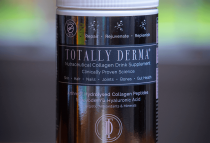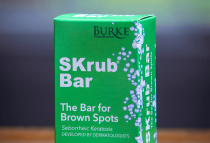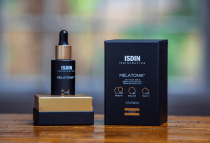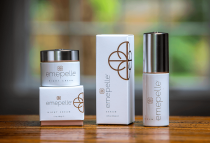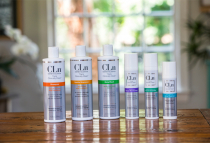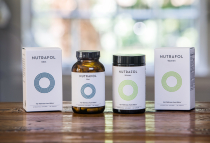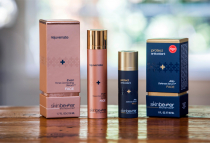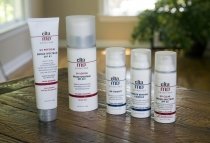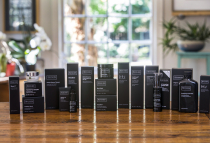Rosacea 101
Does your face always look as though you are blushing? Do you get bumps, similar to acne? If so, you may be one of the more than 14 million individuals in the US who suffer from Rosacea.
Rosacea is a chronic, inflammatory skin condition. Although the cause of this condition is still not fully understood, there are steps you can take to relieve the symptoms.
Rosacea Fast Facts
Before diving into the specifics, it may be beneficial to learn a bit more about this condition.
- The primary symptom is the appearance of facial pustules and papules.
- Other common symptoms include blushing and dry, sensitive skin.
- While the precise cause is unknown, there are several factors that may trigger the above-mentioned symptoms.
- Triggers like spicy foods, alcohol, stress, and skin irritants can make symptoms worse.
Symptoms of Rosacea
One of the first things you will likely notice about rosacea is redness appearing on your forehead, chin, nose, and cheeks.
Once the condition has been present for a while, you may begin to see broken blood vessels through your skin. Many people also suffer eye issues, such gritty dry eye and styes.
Some of the other symptoms you may experience include:
- Bumps on eyelids: styes
- Burning and stinging of the skin
- Larger pores
- A bulb-shaped or swollen nose
- Areas of dry or rough skin
- Eye irritation
Rosacea symptoms often come and go, they can flare up for several weeks, go away, and then return.
Treatment Options for Rosacea
While there is no cure for rosacea, there are a number of treatments that can be used to relieve symptoms of the condition. In most cases, a combination of lifestyle changes and medications can provide the best results. Some of the most common options for rosacea include:
- Topical medications: Ideal for reducing pustules, papules, redness, and dryness.
- Oral antibiotics: Provide anti-inflammatory benefits and are used to treat pustules, papules and eye symptoms.
- Blephamide: A steroid eye drop that patients can use for eye related symptoms.
- Isotretinoin: An oral medication used for any severe case of inflammatory rosacea.
Patients with rosacea often have dry sensitive skin. A gentle skin care regimen that repairs and soothes the skin barrier is the foundation of many rosacea regimens.
For the redness of rosacea, individuals can opt for laser treatment. This utilizes an intense pulsed light, which reduces visible blood vessels.
If you are interested in learning more about treatment options for rosacea, schedule an appointment with one of our experienced professionals at Dermatology San Antonio. You can contact us here or call the office at (210) 615-7171.





